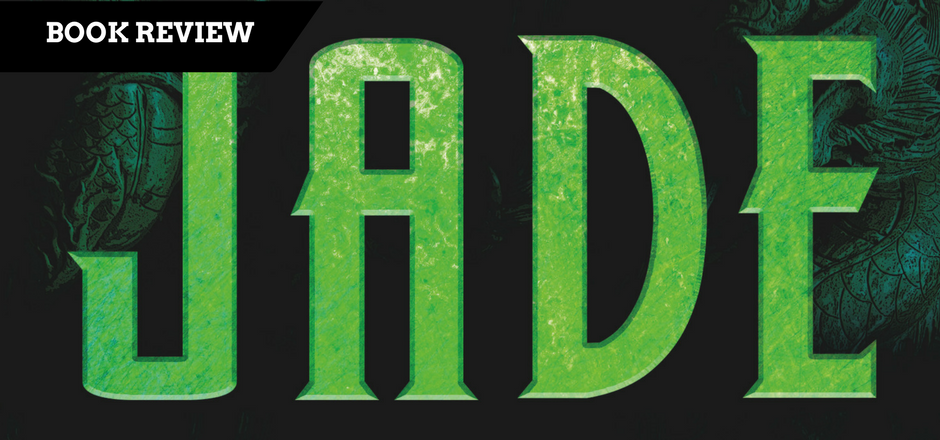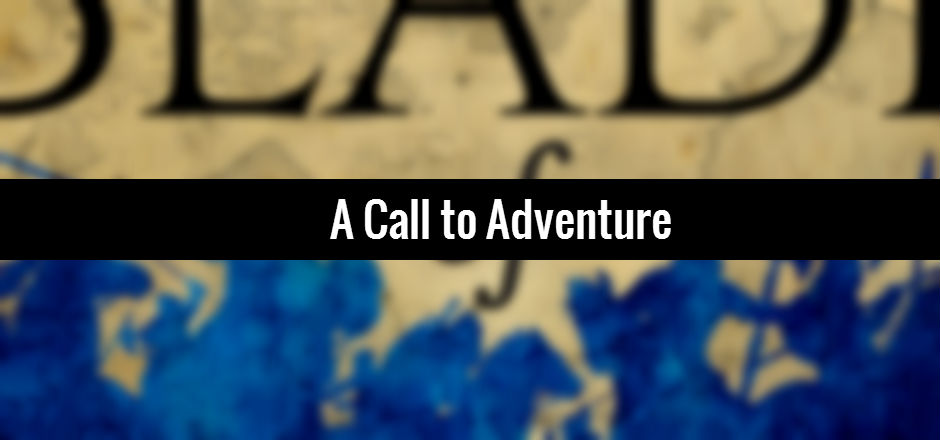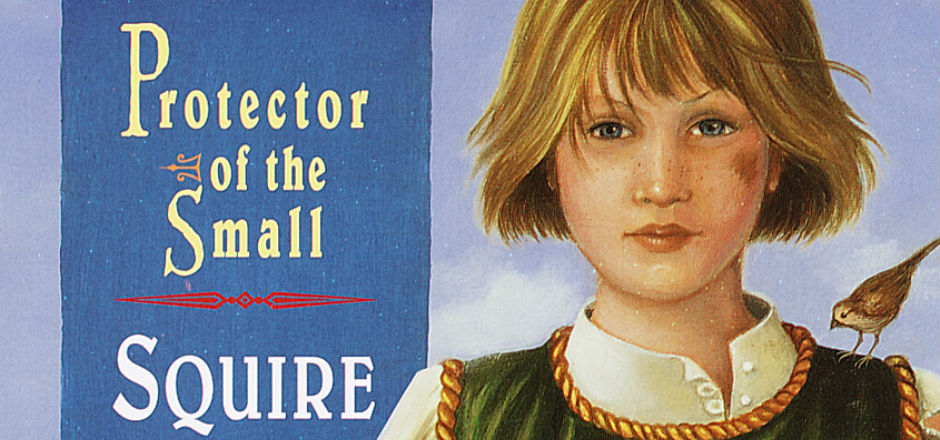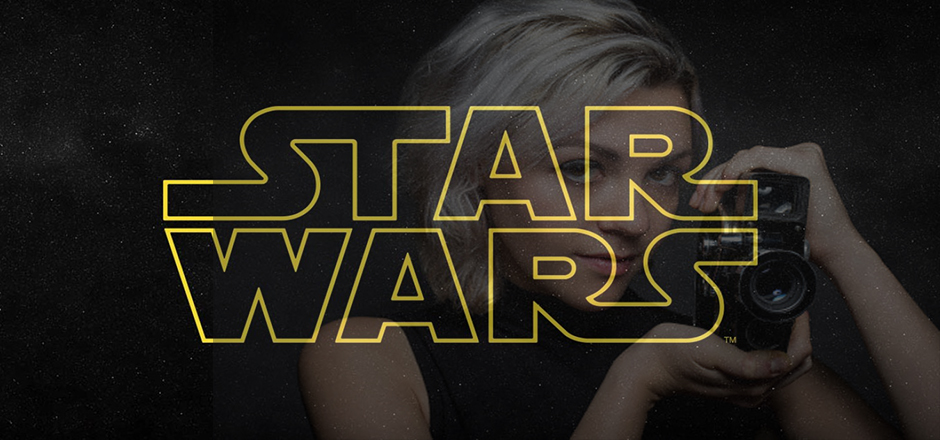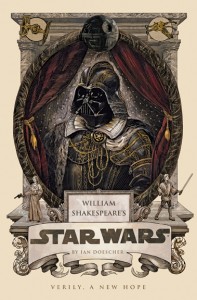 William Shakespeare’s Star Wars by Ian Doescher is perhaps one of the most creative mashups I have read in a while. As the title suggests, it tells the story of Star Wars written like a Shakespeare play, complete with stage play format and Elizabethan language. This installment focuses on Star Wars Episode IV: A New Hope and it does it with flourish.
William Shakespeare’s Star Wars by Ian Doescher is perhaps one of the most creative mashups I have read in a while. As the title suggests, it tells the story of Star Wars written like a Shakespeare play, complete with stage play format and Elizabethan language. This installment focuses on Star Wars Episode IV: A New Hope and it does it with flourish.
The novel mixes Star Wars dialogue with well-known lines from Shakespeare’s plays, which helps to make it even more unique and Shakespearian-like. These allusions, coupled with Shakespeare’s early modern English writing, give Shakespeare’s Star Wars a hint of comedy, and I found myself chuckling often as I read. There is little that can beat C-3PO talking poetically about his circuitry.
Except, perhaps, the fact that R2-D2 speaks! Doescher has crafted a personality for R2-D2 that is as cunning as one can imagine from watching the movies. And the best part is, only the reader can understand him because he only meeps and beeps to the rest of the characters. His speech gives more insight into his plans, which adds a new layer to this Star Wars retelling.
Doescher was also brilliant in the way he managed to introduce the action into the play; he used the chorus as a devise to bring it in, and sometimes, even the characters to reference it. This method makes the plot easy to follow even though writing is not a visual media. Nothing is lost in this translation from the big screen to print.
I recommend this to anyone who likes Star Wars and Shakespeare; it’s witty, fun and full of references that any lover of these two things might appreciate. I hope to see this staged one day.
5 out 5 stars
Mara Delgado Sanchez, the Young Adult Reviewer at Girls in Capes, is pursuing an MFA in Creative Writing with a concentration in fiction. She draws inspiration from writers such as Jane Austen and Virginia Woolf and is an avid reader of young adult novels, science fiction, and fantasy.
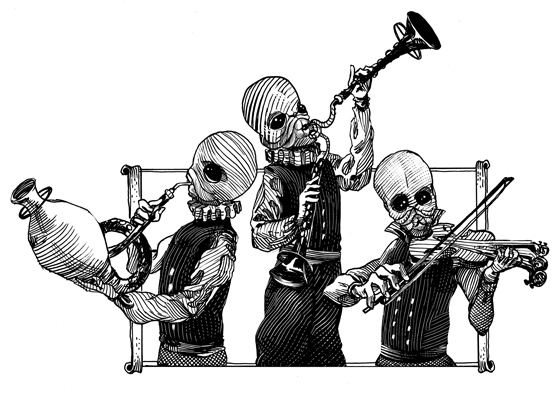
[heading style=”subheader”]A Word from the Author[/heading]
How did you come up with the idea for Shakespeare’s Star Wars? What about their combination attracted you?
A few things converged for me – I watched the Star Wars trilogy with some friends, read Pride and Prejudice and Zombies and went to the Oregon Shakespeare Festival with my family, all in the period of about two months. So I had Star Wars, Shakespeare and mashups on my mind. I was at the Shakespeare Festival when I had the idea, and it was one of those ideas you have and think, “Yep, that makes perfect sense.” There are just so many themes that Shakespeare and Star Wars share — good vs. evil, questions of destiny, father-son relationships, great comedic characters, and so on. It felt like a great match.
How was your experience writing in iambic pentameter? How did you manage to condense and craft the dialogue?
When I first learned about iambic pentameter in high school, it really came naturally to me. I’ve written a few sonnets for fun over the years (yep, geek!), so I’d had some practice. It was a really fun challenge — almost like a translation job, putting Star Wars as we know it into this strict meter. Some dialogue was easier than others — particularly the scenes I knew are the most cherished or debated among Star Wars fans. Those were the tricky ones!
Which plays did you take as inspiration? I’ve seen a few lines I recognize from Shakespeare’s plays!
Hamlet is the play I know best, so there are the most direct references in the book to Hamlet. Henry V also plays a big part — the presence of the Chorus was my solution to portraying the action on the screen in a stage-friendly format. Shakespeare used a Chorus in Henry V to do the same thing. I also make references here and there to a bunch of other plays: Julius Caesar, Macbeth, Richard III, and others.
Why did you decide to give a voice to R2-D2? I’ve always wondered what he would sound like if he could speak even though C-3PO translated from him. How did you come up with it?
You have these rich characters in Star Wars who never speak – R2 and Chewbacca being the biggest examples. I thought it would be fun to see what R2 has to say, similar to a Shakespearean fool who is aware of everything that’s going on even though he seems ignorant. He’s such a great character, even in the movies when he just beeps and squeaks, and I have a feeling we all know he’s a devious but noble little droid. So really all I was doing was putting words to what we all figure he would be saying anyway! I would have loved to do the same thing with Chewbacca, but didn’t think I could get away with doing that for both of them.
You chose to write Shakespeare’s Star Wars in Old English with a mixture of modern words (ex: malfunction) as well as with a modern construction of sentences. Was that a decision you made to make the book more appealing to audiences? Some readers hear Shakespeare and run the other way.
My hope is that this book might actually help people – particularly students – run toward Shakespeare, not away. Hopefully by using Shakespearean language but also telling the story we all know (with blasters, womp rats, Death Stars and all), people find this language more accessible. Then, maybe once they encounter real Shakespeare, it’s not quite as scary. That’s my biggest hope for this book.
WILLIAM SHAKESPEARE’S STAR WARS is available from Quirk Books. Find it on IndieBound.


